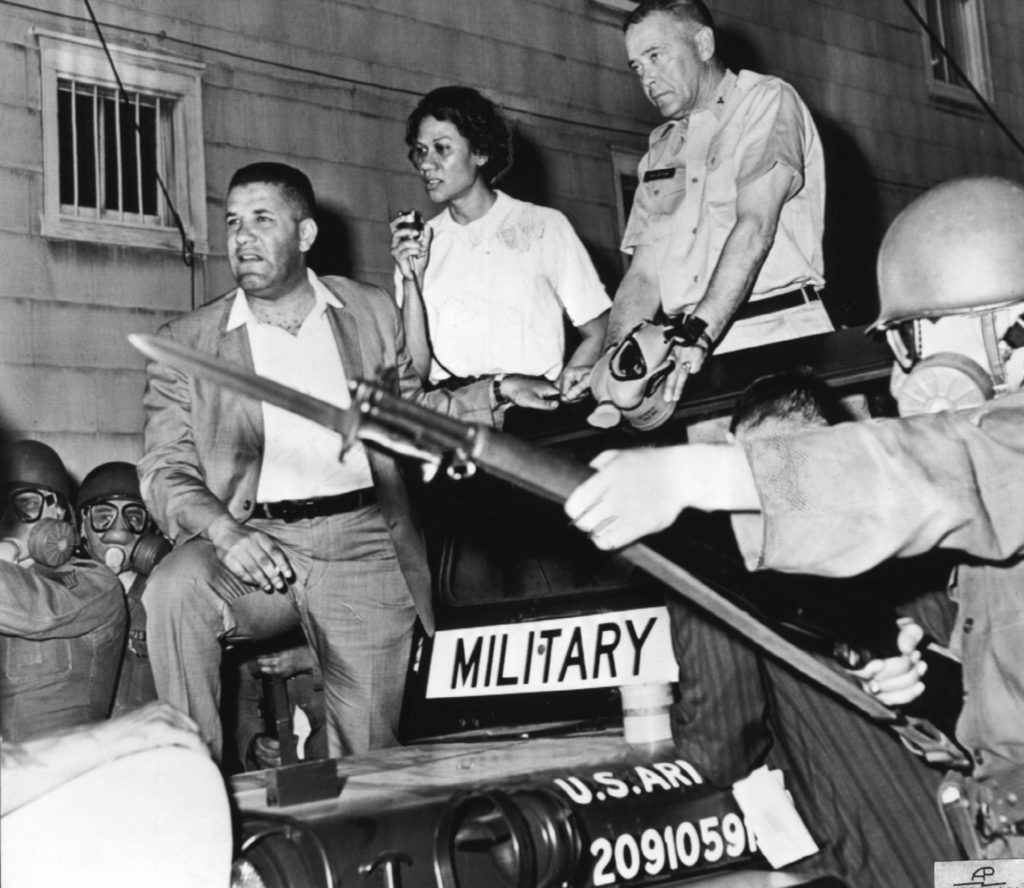Legends Speaking

Gloria Richardson is one of the great heroes of the civil rights movement. But she is far too forgotten about today. Her work in the movement in Maryland was one of the most important moments of the 1960s. Today, Richardson is 98. And she has some messages before she leaves us.
“Racism is ingrained in this country. This goes on and on,” Richardson said one recent day from the living room of the New York home she shares with one of her daughters. “We marched until the governor called martial law. That’s when you get their attention. Otherwise, you’re going to keep protesting the same things another 100 years from now.”
…
“She is not as well known because she was a woman who was feisty and who refused to back down,” Lopez Matthews Jr., a historian and digital production librarian at Howard University, said of Richardson. “As a society, we tend not to value those traits in women. But it made her a great leader in the civil rights movement, because she didn’t back down.”
Some historians see similarities between Richardson’s activism and the work of contemporary advocacy groups such as Black Lives Matter. Initially created to bring attention to the killings of Black men and women by police, the group’s focus has broadened to include other equality issues. In many of the Black Lives Matter groups around the nation, women have emerged as the more vocal leaders.
…
After the Civil Rights Act was signed, Richardson married Life magazine photographer Frank Dandridge, and the family moved to New York. Richardson worked for a time at an advertising agency before taking a job with the city’s department for the aging, where she helped ensure businesses complied with laws that affected seniors. She retired in 2012 at age 90.
“She was not in the movement for a career,” Fitzgerald said. “She was in the movement solely for the purpose of advancing Black liberation. And when she felt she could be of no further meaningful use in the movement, she would step aside.”
Richardson believed that Black women were used to fighting for changes. Black men, she said, often had the financial responsibility of taking care of families and therefore were careful not to buck against the status quo.
“Initially when women start fighting for something, men don’t pay attention to it. They think we’re overreacting, or not acting properly,” she said with a laugh.
Just two years from celebrating centenarian status, Richardson, now a grandmother of two and a great-grandmother, is still as unrelenting as that woman who pushed aside the bayonet.
“Fight for what you believe in,” she said, “but stop being so nice.”
